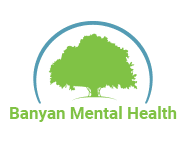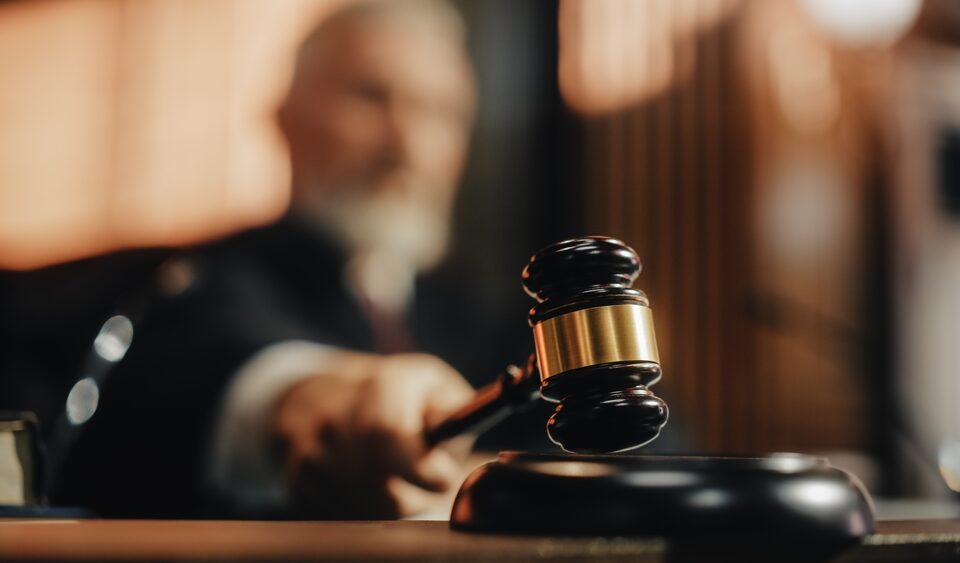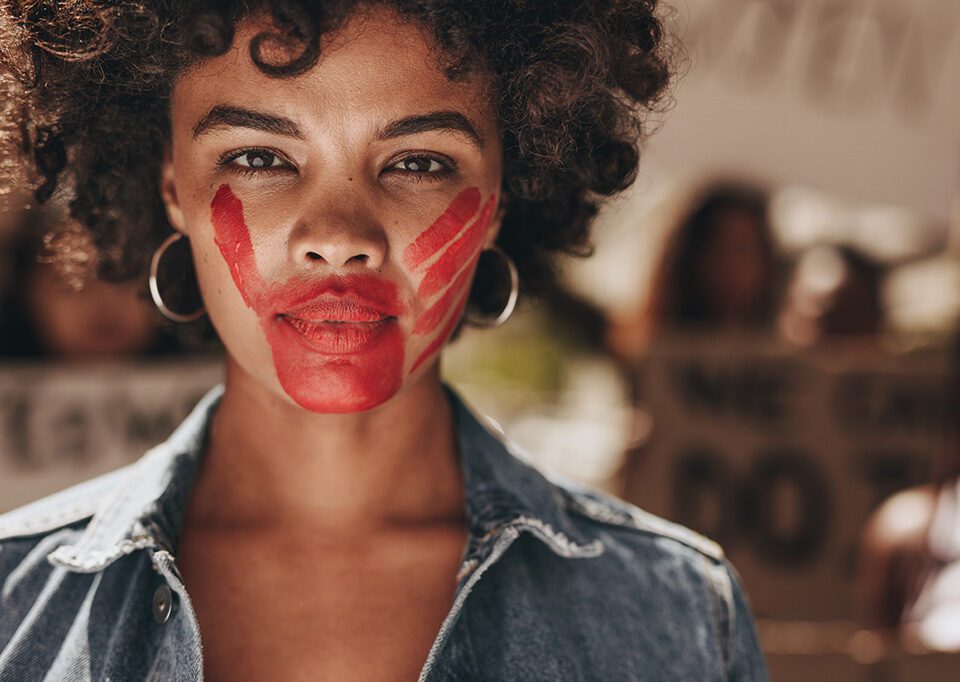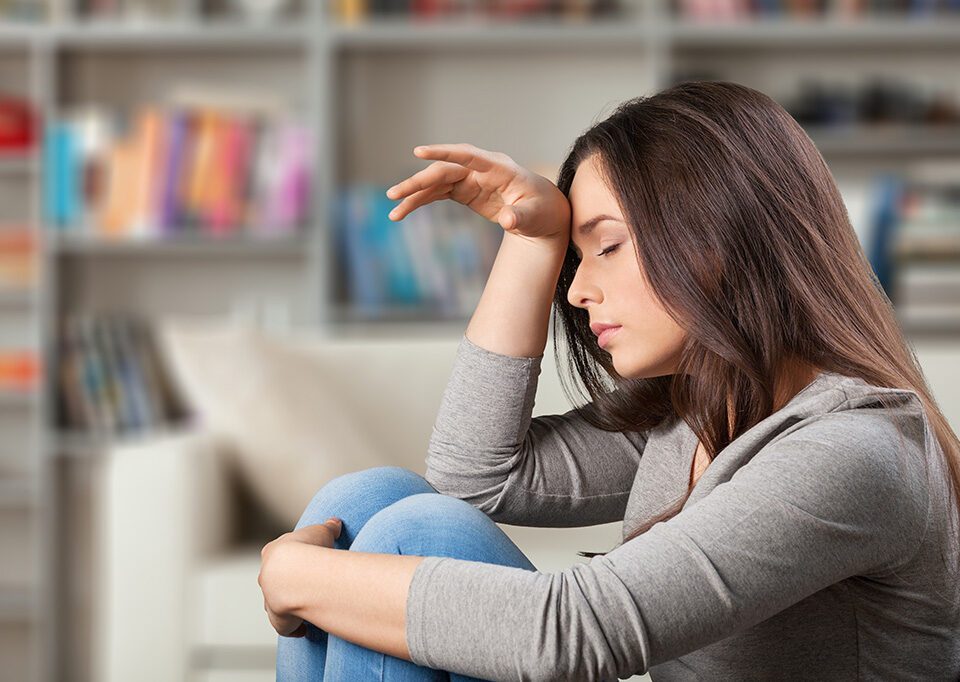


Why the Starks Struggle with their Mental Health – Kit Harrington in Rehab
June 20, 2019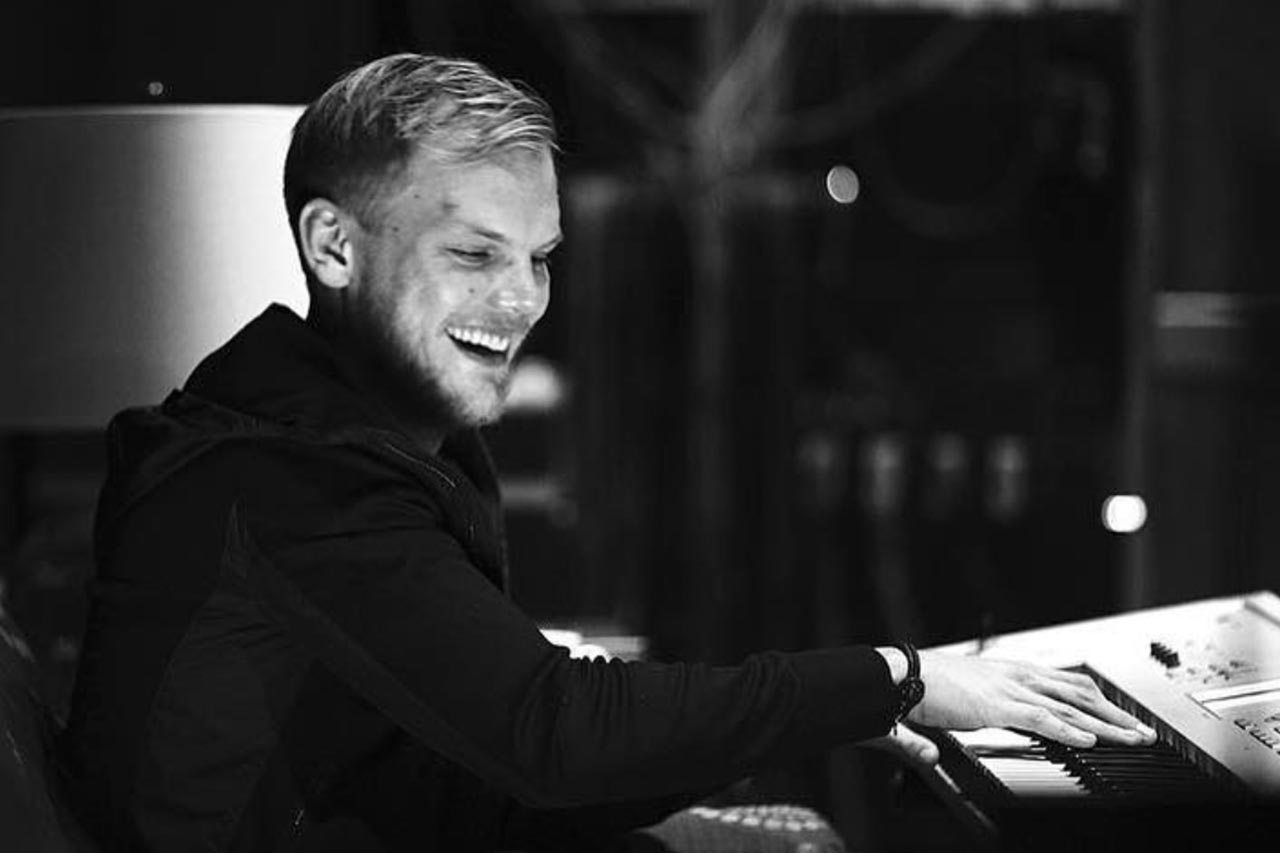

Avicii’s Father on Mental Health & Suicide Prevention
July 8, 2019Social Media Effects on Mental Health
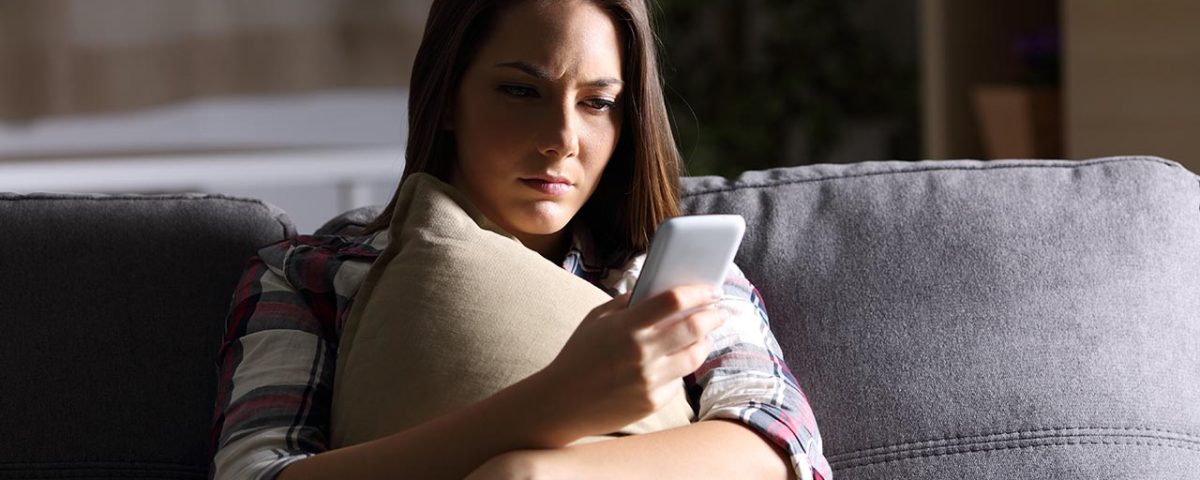

Social Media Effects on Mental Health
From Myspace and Xanga to Twitter and Instagram, with the rise of the internet came an influx of social media sites.
In fact, it is estimated that 68% of people use Facebook, 35% use Instagram, 29% use Pinterest, 27% use Snapchat, and 24% use Twitter; the youth are especially heavy users of these sites with 88% of 18 to 29-year-olds using at least one form of social media.1 Nowadays, even Grandma has a Facebook page. Since social media has become a constant factor in our lives, the question of social media effects on mental health has been prevalent. But what is the truth? Are social media and mental health even connected?
How Social Media Affects Mental Health
Social media is a relatively new occurrence that has skyrocketed in popularity in the new millennium. However, with its rising popularity comes an increase in the occurrence of mental health disorders in the youth. While correlation does not necessarily mean causation, the numbers are staggering. From just 2011 to 2017, the number of people under the age of 26 (the highest users of social media sites) who experienced signs of serious psychological distress increased by more the 70%.2
Another study found that teenagers who spend 2 or more hours online are at risk of developing suicide risk factors, and those who spend 5 or more hours a day online are 71% more likely to have at least one suicide risk factor compared to their peers who are only online for an hour or less.3 If you or a loved one is experiencing suicidal thoughts, get help immediately with our mental health PHP in Boca.
While the purpose of social media is supposed to be to connect people, it might have the opposite effect in some cases. One study found that young adults with high social media use were three times more likely to report feeling socially isolated compared to the reports of their peers who were classified as low social media users.4
One reason for these negative effects on mental health could be that platforms show only the best parts of a person’s life or the “highlight reel.” Instagram, in particular, was found to have the most negative effects on mental health as it led to greater feelings of depression, anxiety, and loneliness as well as sleep loss and a negative body image.5 Continued heavy use of these social platforms may only make matters worse and require formal mental health treatment in order for people to see improvement.
Although research is still being conducted, the answer is almost certainly yes, the social media effects on mental health are mostly negative. The correlation between social media and mental health problems is rising in probability. Unfortunately, many people neglect to get proper treatment and the results can be devastating. Mental health problems may lead to substance abuse disorders and without dual diagnosis treatment, together these two problems could cause a person to spiral out of control.
Whether from social media use or a traumatic experience, if you suffer from a mental health disorder, you should get help. At Banyan Mental Health, we work with our patients to help them combat their mental illnesses so that they can move forward with their lives.
Get started on your path to recovery and greater mental health by calling 888-280-4763.
Sources:
- Pew Research Center – Social Media Use in 2018
- UChicago Medicine – Mental Health Woes Are Rising in Young Americans -- Is Social Media to Blame?
- Clinical Psychological Science – Increases in Depressive Symptoms, Suicide-Related Outcomes, and Suicide Rates Among U.S. Adolescents After 2010 and Links to Increased New Media Screen Time
- American Journal of Preventive Medicine – Social Media Use and Perceived Social Isolation Among Young Adults in the U.S.
- PSYCHALIVE – Which is Worst for Your Mental Health: Instagram, Facebook or YouTube?

